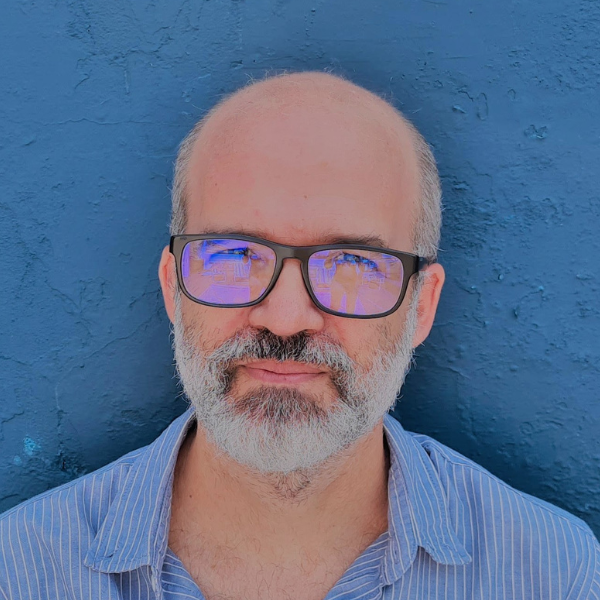Amnesty is a Bildungsroman that uses a classical theme in the very origins of Western literature, memory and forgetfulness, present in Homer’s Odyssey: the absence of an estranged father whose story must be uncovered, retold, and salvaged from a sea of oblivion. It explores the sources of the current Brazilian political situation by telling the story of a son who, in 1979, must go on a search for his father, one of the missing activists in the hands of the militaries during the darkest years of the dictatorship. In the novel, protagonist Emilio is a History student who, like Telemachus in the Odyssey, learns that his father may still be alive. He then sets off to learn about him from his old comrades who are returning from exile. At the same time, he must help his best friend, Lucio, who lives in a favela and whose brother is in hospital, after being shot in what seems an act of revenge.
